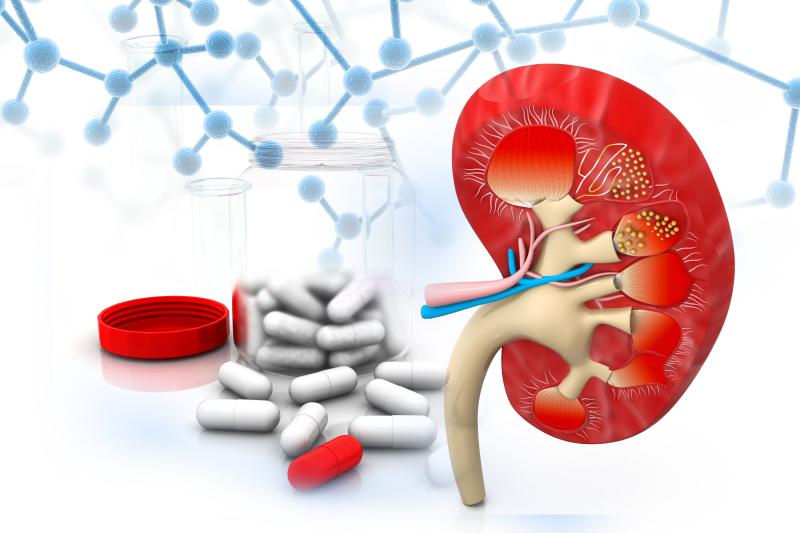
Treatment with systemic steroids may increase the likelihood of developing hypoglycaemia during hospitalization, a recent study has found.
The study included 45,272 patients (mean age, 67.5±19.2 years; 49.4 percent male) who were receiving in-hospital care at internal medicine units. Those who were critically ill were ineligible. The study outcome was the occurrence of at least one episode of hypoglycaemia, defined as a glucose level <70 mg/dL, regardless of symptoms or mode of measurement.
Overall, 3,415 patients were deemed to be hypoglycaemic, yielding an overall rate of 7.5 percent. Incident hypoglycaemia occurred more commonly among patients with diabetes mellitus (14.3 percent vs 4.9 percent; p<0.001).
Patients who were treated with systemic steroids saw significantly greater rates of incident hypoglycaemia, as compared to other patients who had not been given steroids, or those who were taking inhaled or topical steroids. This trend remained true regardless of the presence of diabetes mellitus.
Those who developed hypoglycaemia tended to be older and have lower serum albumin levels upon admission. These patients also more commonly showed evidence of liver damage, as well as elevated levels of creatinine.
Multivariate analysis generally confirmed these interactions. In particular, it showed that those who had been given systemic steroids were significantly more likely to develop hypoglycaemia than those who were not on any steroid medication (odds ratio, 1.513, 95 percent confidence interval, 1.311–1.746; p<0.001).